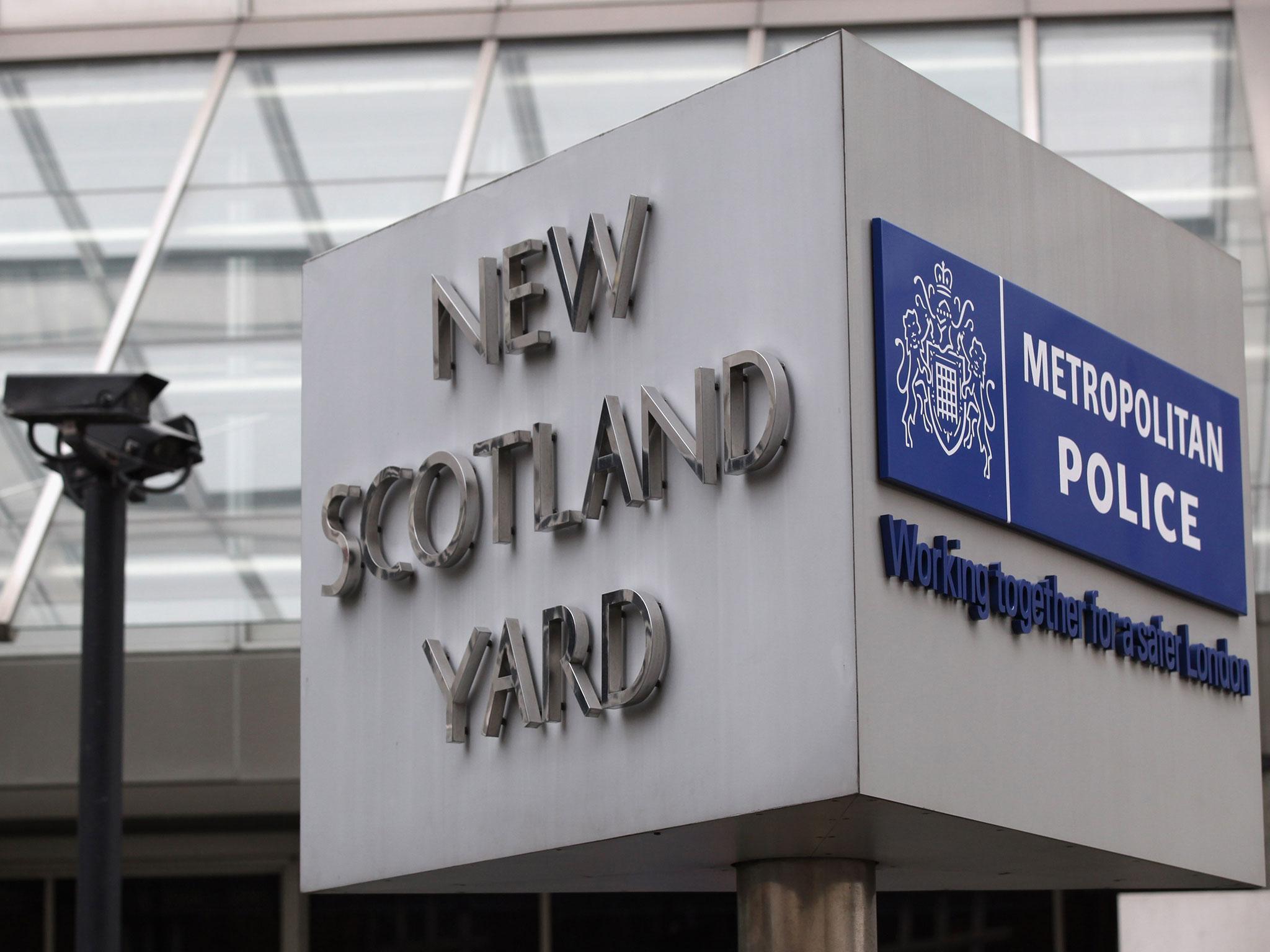Undercover police officers used the names of dead children to create fake identities for decades, inquiry told
‘Insufficient consideration was given to the impact that it might have on the families of the children concerned,’ force admits

Undercover police officers used the names of dead children to create fake identities for decades without their families’ knowledge, an inquiry has heard.
A lawyer representing the Metropolitan Police said the harrowing practice was “considered necessary at the time”.
Peter Skelton QC told the Undercover Policing Inquiry that the Special Demonstration Squad (SDS), which existed between 1968 and 2008, used dead children’s identities to build cover stories from the early 1970s.
“They ceased to do so by 1994-5 with the advent of computerisation of the births and deaths records, although there are examples of use by undercover officers of these identities after this time,” he said.
“The Met wishes to acknowledge plainly that while this practice was in use, insufficient consideration was given to the impact that it might have on the families of the children concerned. The Met appreciates that it was capable of causing distress to those families, and apologises for that.”
SDS officers used the identities of 19 children who had died and one who was still living without their consent, the inquiry heard.
Mr Skelton said personal apologies have been given to traced family members, adding: “The practice of reliance on the identities of real, deceased people no longer occurs.”
The inquiry is examining the tactics used by the SDS and the undercover section of the National Public Order Intelligence Unit dating back to the late 1960s.
Officers, including Mark Kennedy, duped women into sexual relationships without revealing their true identities, while spying on family justice campaigns as well as political and social groups.
Mr Skelton said police were “acutely aware of the continuing anger and distress” of affected people, and that several women who were tricked into relationships have already received compensation.
“Some undercover officers in their false identities engaged in sexual relationships with the subjects of operations or other people with whom they had contact during their work,” he admitted.
“Put plainly, these relationships were wrong, they should not have happened, and they caused and continue to cause immense hurt and suffering.”
The inquiry was set up by Theresa May in 2015, after a damning report found that the parents of murdered teenager Stephen Lawrence were spied on while campaigning for justice.
Mr Skelton denied that they were directly targeted, or that Scotland Yard had sought to undermine or delay the mammoth inquiry.
He said the force ”remains fully committed to a frank and full investigation of these matters“, but that the work of undercover officers had saved lives.
The inquiry, which is expected to continue for at least three years, will start by looking at how the SDS was set up amid protests over the Vietnam War in the late 1960s.
There were official concerns that public anger over the issue and unrest in Europe, particularly in Paris, signalled that far-left groups in England and Wales were planning disorder on home soil.
At first officers were deployed undercover for weeks or months, rather than the years-long assignments seen later as the unit expanded into different organisations and trade unions.
The inquiry heard that the SDS was approved and funded by the Home Office, and reported to MI5.
Nicholas Griffin QC, representing the Home Office, said that until the enactment of the Regulation of Investigatory Powers Act (Ripa) 2000, the use of undercover officers was not governed by law but by guidance and codes of practice.
He said that nobody in the Home Office was aware of the SDS using dead children’s identities or forming sexual relationships with targets.
Gerard Boyle QC, representing the National Police Chiefs’ Council, admitted that deployments had “lacked the legal and judicial oversight which now prevails” and said undercover work had been significantly reformed.
Campaigners want the inquiry to make public the full list of groups that were targeted, as well as the cover names and photos of all police officers involved, to enable affected people to know they were involved in operations.
They are also demanding the exposure of potential miscarriages of justice, where protesters were allegedly convicted of crimes aided or incited by undercover police officers.
People who were spied on, including the Labour PM Diane Abbott, are demanding access to files that were compiled about them.
They are also seeking information on whether senior politicians had approved operations and how involved the security services became.
The inquiry will examine how undercover operations were planned, supervised and regulated, as well as what contribution they made to tackling crime and the effect on individuals involved.
Subscribe to Independent Premium to bookmark this article
Want to bookmark your favourite articles and stories to read or reference later? Start your Independent Premium subscription today.
